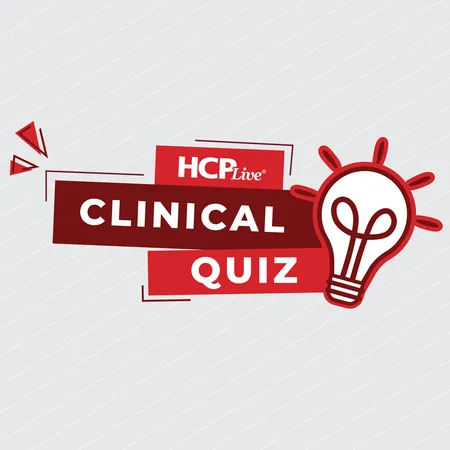
Shocking Study Reveals Adolescence Poses Major Risks for Youths with Diabetes!
2024-10-08
Author: William
Introduction
A groundbreaking study from the Research Institute of the McGill University Health Centre (RI-MUHC) has revealed that young people living with diabetes in Quebec face alarming risks during adolescence and young adulthood. These years are fraught with increased interruptions in clinical care, rising hospitalizations, and a surge in emergency room visits. Research published in The Lancet Diabetes & Endocrinology underscores an urgent need to enhance diabetes care for this vulnerable demographic.
Understanding Diabetes in Youths
Diabetes, particularly Type 1, is an autoimmune condition characterized by the inability of the pancreas to produce insulin, a crucial hormone that regulates blood sugar levels. It is crucial for young patients to maintain regular insulin injections and consistent clinical follow-ups. Poor blood sugar management can lead to severe complications, including kidney failure and vision loss, and even result in fatalities.
Expert Insights
Dr. Meranda Nakhla, the lead researcher and a scientist in the Child Health and Human Development Program at the RI-MUHC, stated, "Our findings indicate that the current healthcare system does not effectively address the unique challenges faced by adolescents and young adults living with diabetes. It is essential to encourage young people to take an active role in their diabetes management before they transition to adult care."
Study Overview
The extensive study, conducted in partnership with the Institut national de santé publique du Québec (INSPQ), is the first of its kind to explore the crucial ages related to diabetes care from childhood through early adulthood. Researchers tracked patients aged 2 to 22 who had been receiving care for at least 18 months.
Key Findings
An interesting finding of the research was the discovery that risks began to escalate as early as 16 years of age, well before the official transition to adult care at 18. Hospitalization rates for diabetes-related issues and emergency room visits doubled during early adolescence (ages 12-14) compared to children under 10, and deteriorated further into young adulthood.
Importance of Regular Check-Ups
Regular diabetes check-ups are vital in managing the condition, with guidelines recommending visits every three months for children and adolescents and every three to six months for young adults. Dr. Nakhla emphasized, "These appointments not only provide essential medical oversight but also equip young individuals with the necessary skills to manage their diabetes and monitor for potential complications."
Socioeconomic Factors
The research also highlighted a concerning correlation between socioeconomic status and diabetes management. Young people from families facing social and material disadvantages were at a markedly higher risk of diabetes-related hospitalizations and interruptions in care. The study suggests that inadequate access to transportation and employment commitments could hinder families’ ability to attend crucial follow-up appointments.
Developmental Challenges
Adolescence and early adulthood are critical developmental periods when individuals seek personal identity, autonomy, and navigate career and educational paths. However, for those with Type 1 diabetes, the responsibilities of daily disease management often clash with these evolving priorities. Dr. Nakhla pointed out that increased insulin needs during growth spurts can complicate blood sugar management, exacerbating risks during these life stages.
Call to Action
The alarming rates of acute complications found among young adolescents reaffirm the need for a shift in the approach to diabetes care. While hospitals strive to ease the transition from pediatric to adult services, Dr. Nakhla insists that innovative and flexible care models must be developed to better support this high-risk group—starting earlier than previously recognized.
Conclusion
This compelling research calls for immediate attention to develop comprehensive strategies aimed at safeguarding the health and well-being of young individuals living with diabetes during these vulnerable years.









 Brasil (PT)
Brasil (PT)
 Canada (EN)
Canada (EN)
 Chile (ES)
Chile (ES)
 España (ES)
España (ES)
 France (FR)
France (FR)
 Hong Kong (EN)
Hong Kong (EN)
 Italia (IT)
Italia (IT)
 日本 (JA)
日本 (JA)
 Magyarország (HU)
Magyarország (HU)
 Norge (NO)
Norge (NO)
 Polska (PL)
Polska (PL)
 Schweiz (DE)
Schweiz (DE)
 Singapore (EN)
Singapore (EN)
 Sverige (SV)
Sverige (SV)
 Suomi (FI)
Suomi (FI)
 Türkiye (TR)
Türkiye (TR)